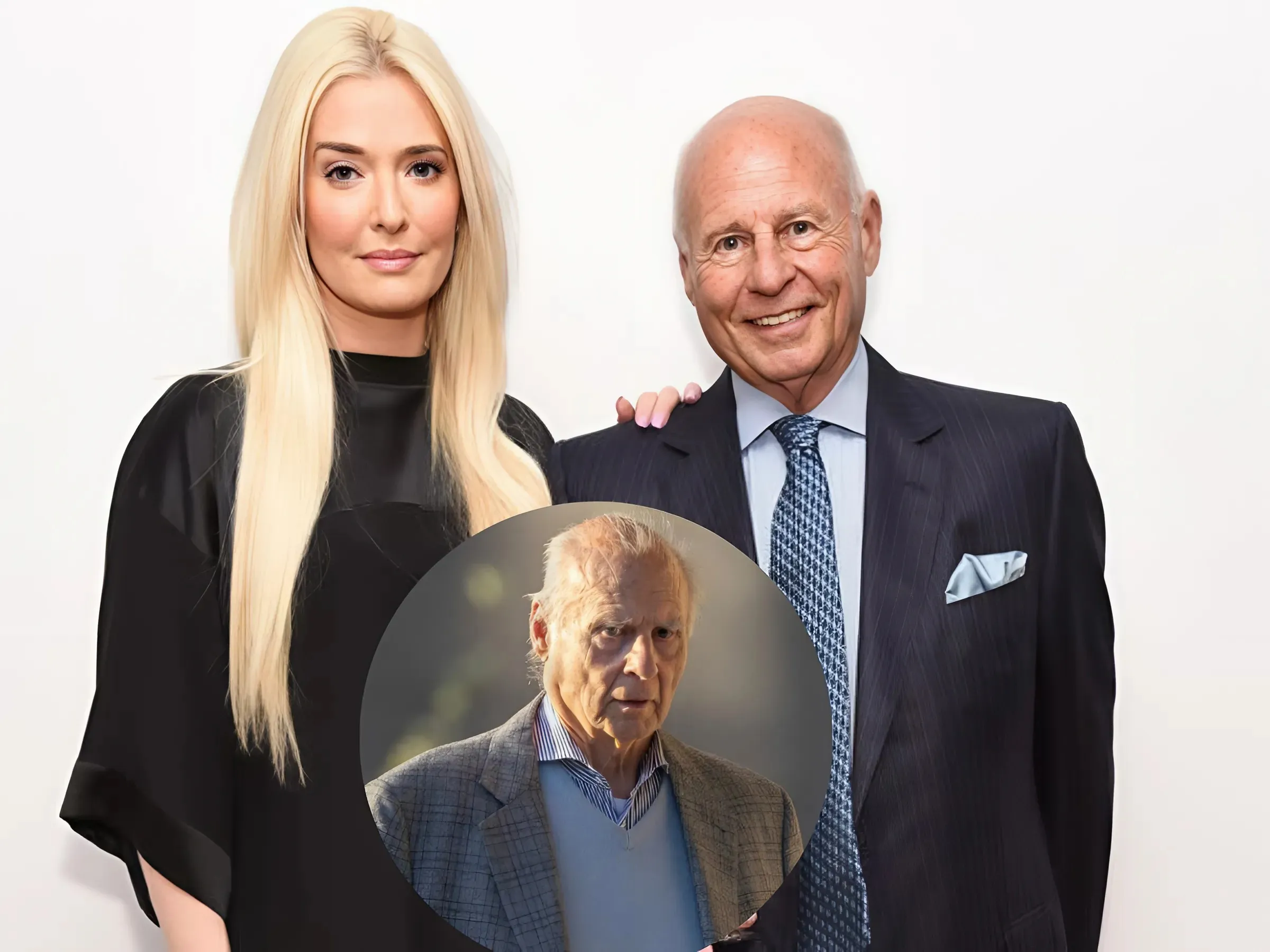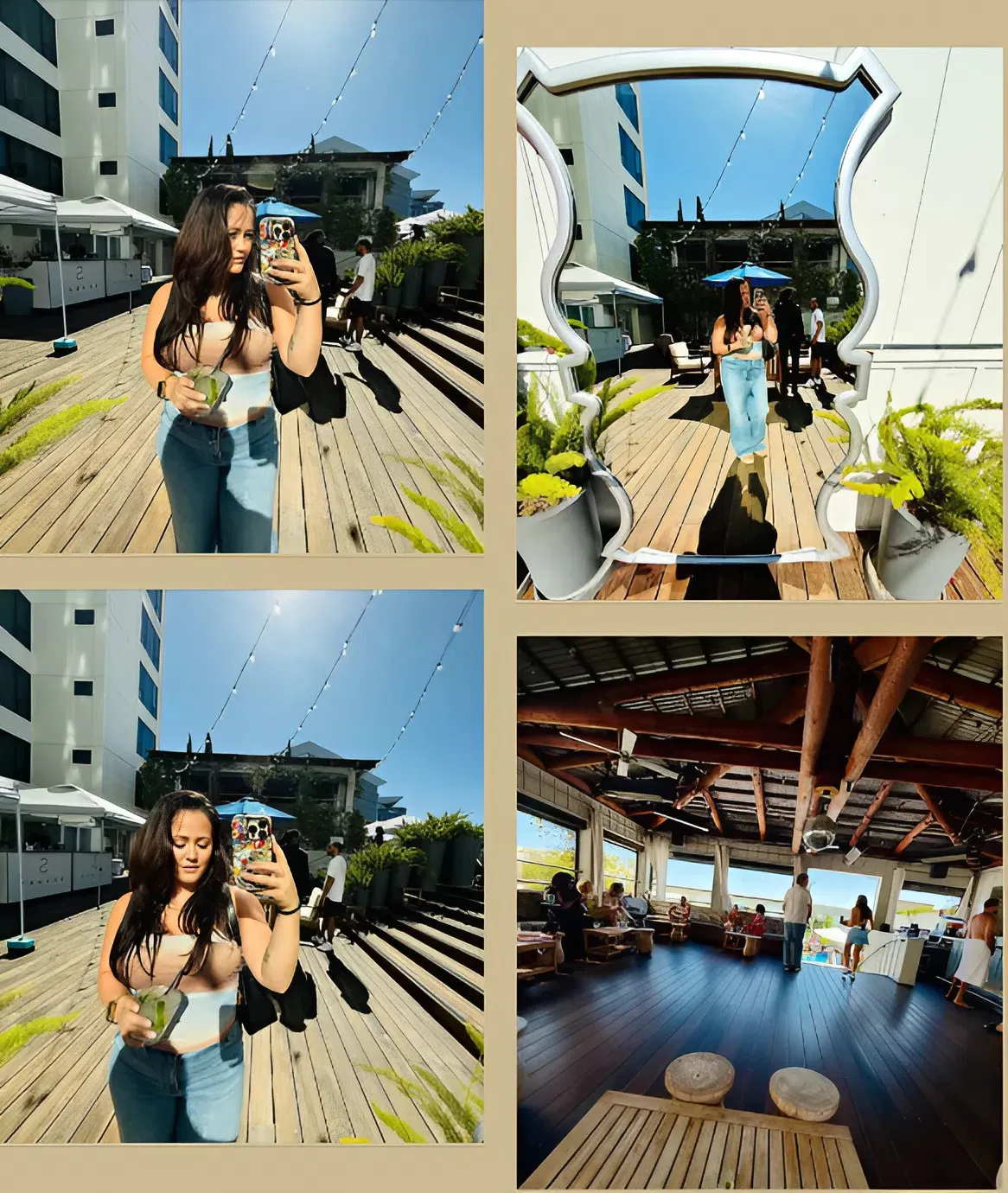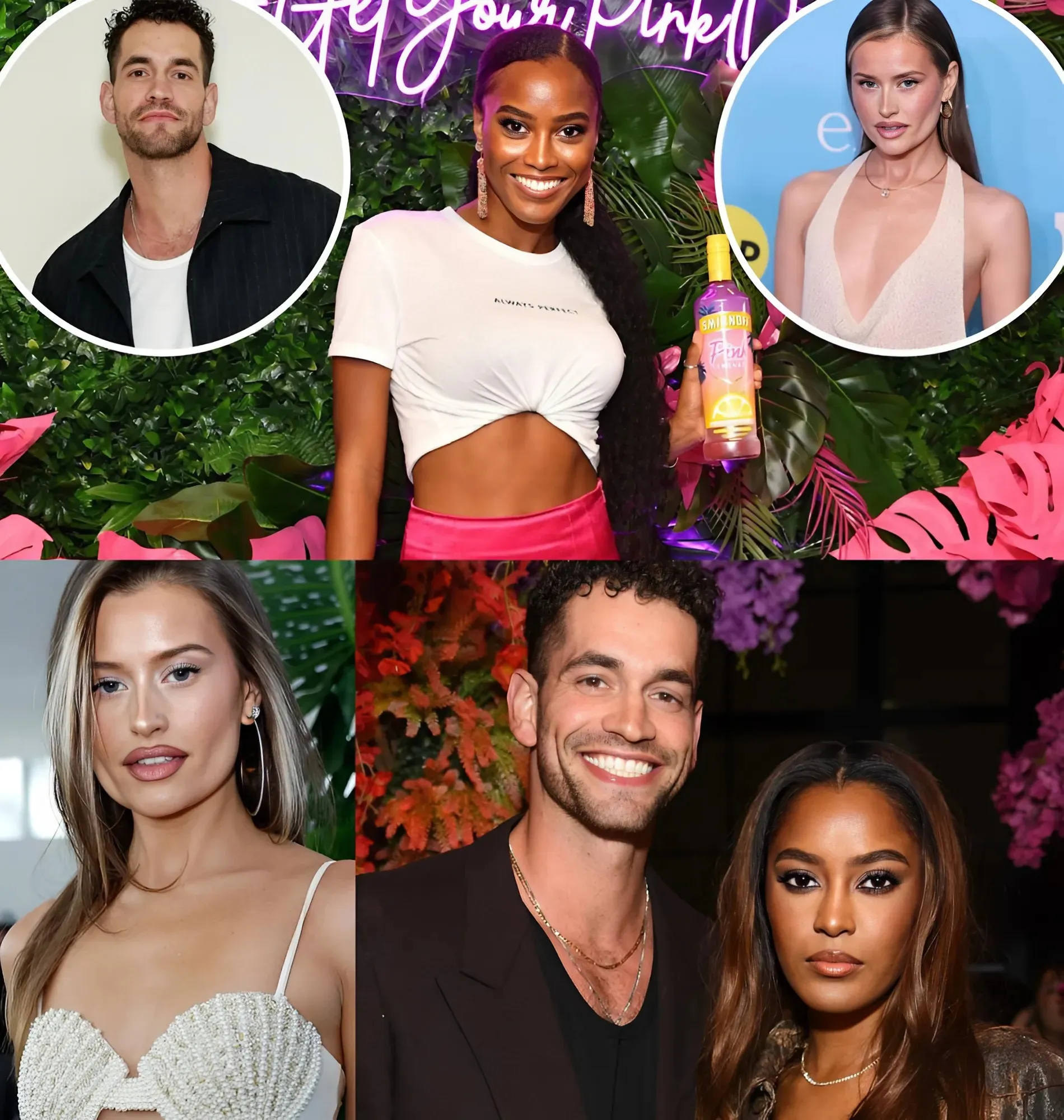The Real Housewives of Potomac star Dr. Wendy Osefo and her husband, Eddie Osefo, transformed a viral reality TV moment into an unconventional entrepreneurial venture.
Their cannabis brand, Happy Eddie, was an idea sparked during the show’s seventh season when Eddie’s friendly demeanor and signature smile ignited a lighthearted controversy among the cast. Embracing the cheeky nickname, Eddie turned it into the brand identity for his cannabis business, rooted in a more diverse and equitable landscape in the industry. When Maryland legalized adult-use marijuana in 2022, the couple saw the perfect time to enter the industry as they wanted to fill the void of the underrepresentation of Black entrepreneurs, which is less than 2%.
Happy Eddie quickly became a staple in the industry, known for its high-quality strains, pre-rolls, tinctures and edibles.
Now, after three years in business, the brand is expanding with a new partnership with Curio Wellness, a Current Good Manufacturing Practices-certified, vertically integrated cannabis company and market leader in wellness innovation.
In April, the brand also expanded its territory by increasing its retail representation in Missouri, which currently has no Black-owned, vertically integrated cannabis businesses despite nearly 200 operating in the state. Along with their high-quality products, the Osefos have made sure that Happy Eddie is at the forefront of destigmatizing cannabis when it comes to minorities. Their partnership with the Last Prisoner Project is part of their advocacy-driven mission to address criminal justice and policy reform regarding Black and brown individuals facing consequences of offenses that are now legal.
Blavity spoke with Wendy about their budding brand and their goal to change the landscape of the cannabis industry.
Blavity: Outside of the viral moment on RHOP, what inspired you to get into the cannabis business with Happy Eddie?
Wendy Osefo: We always knew that when Maryland legalized marijuana for recreational use, effective in 2023, we would get involved in the industry, either as an investor, a license holder, a brand, or simply as an advocate and supporter of social and criminal justice reform. The idea of creating a cannabis lifestyle brand took shape after the viral moment on RHOP, and the catchy name resonated with Eddie. It was applauded at every turn in the community as a great brand name. That sealed the deal for us to launch a cannabis lifestyle brand as our entry point into the cannabis industry.
Historically, Black entrepreneurs have faced challenges in the cannabis industry. Did you face any challenges when you launched in 2023?
WO: Of course, our journey was no different. When you enter rooms in the cannabis industry, you quickly realize that they do not reflect people who look like us. Moreover, they do not reflect the communities that were directly impacted by the War on Drugs. That’s a problem, and with our entry into the cannabis industry, we hope that we open doors and shine a spotlight on other Black and brown people and businesses looking to enter the industry. Additionally, this industry is highly regulated and riddled with regulatory pitfalls and hazards. Luckily, with Eddie’s background as an attorney, we have been able to circumvent challenges just by understanding the regulatory landscape in this industry.
Photo: Courtesy of Wendy and Eddie Osefo / Happy Eddie
Did you have any apprehensions about Happy Eddie conflicting with your roles on RHOP or affecting your public perception because of the stigma associated with cannabis?
WO: Not at all. One of Happy Eddie’s slogans is “Everyday Professionals Who Color Outside the Lines.” That pays homage to the fact that we do not look like the poster child for cannabis use, but with our platforms and privilege, we can help normalize cannabis use and remove the stigmas associated with cannabis. Cannabis users come from all walks of life, from soccer moms, school teachers, lawyers, doctors; the list is endless, and that is why we had absolutely no apprehensions about launching a legitimate cannabis business.
What was the process of ensuring you entered the market with a quality product versus just putting your faces on something?
WO: Entering a new and evolving industry, we had to have a quality product that we could stand behind and that we would want to use and endorse. That starts with finding the right partner. We met with several cultivators, manufacturers and investor groups to partner with in this endeavor. One company stuck out during this process as a family-led and operated business from the community I grew up in, Pikesville, Maryland. Curio Wellness is a cGMP-certified, vertically integrated cannabis company and market-leading innovator of health and wellness products, so we hit the ball out of the park in selecting them as the partner to launch with.
Happy Eddie partnered with Curio Wellness to expand into the Missouri market. What made Curio Wellness the perfect partner for that expansion?
WO: Curio Wellness is the partner we launched with in Maryland, so when we heard the news that they were expanding operations to Missouri, we did not hesitate to partner again as we expanded into a new state. They have been a great launch partner due to their attention to detail and quality being at the forefront. In addition, their innovation enables Happy Eddie to remain flexible as we grow in the future, as we have a one-stop shop with a partner.
Were there any contrasts or challenges with the regulations between Maryland and Missouri?
WO: Although Maryland and Missouri are both limited-license markets, no two markets are created the same. There were some challenges with the regulations, as the two states had vastly different laws. For example, our packaging needed to change tremendously. In Missouri, the word ‘marijuana’ needed to be added and had to be larger than the length or width of our primary logo. We were limited to a certain number of colors on the label. Constraints we did not have to consider in Maryland were now at the forefront of our minds, as we wanted to maintain consistency between states for brand continuity. However, we also did not want the packaging to be rejected.
Will there be any special products available under the new expansion?
WO: We have a few innovative products currently in development that we hope to bring to market within the coming months. They are still going through the R&D process, so we can’t let the cat out of the bag too early. It’s cliché to say, but stay tuned! We think everyone will be pleasantly surprised by the new product assortment.
Can you provide details on Happy Eddie’s partnership with the Last Prisoner Project and explain the significance of this partnership for the brand as a Black-owned cannabis business?
WO: Beyond our product offerings, Happy Eddie is dedicated to social equity within the cannabis industry and supports organizations that drive outreach, advocacy, education and policy reform, such as the Last Prisoner Project to effectuate change in Black and brown communities that the War on Drugs disproportionately impacted. With Eddie’s legal background, the brand has a passion for criminal justice reform and social impact initiatives focused on eliminating systemic barriers and providing minority entrepreneurs with opportunities for meaningful participation, growth and leadership in the legal cannabis market. We shine a spotlight on the amazing work LPP does in the community, but we also partner with the Last Prisoner Project to help generate funds for programs. We hope that through the support of our product line, in-store fundraising will help raise awareness and the necessary funds for LPP’s prisoner support initiatives that aim to improve the lives of incarcerated constituents by providing them with financial and emotional support during their time behind bars.
With your educational background in public affairs and community development, how vital do you think it will be for minority entrepreneurs to be at the forefront of addressing policy reform and decriminalization regarding cannabis?
WO: I think it is critical for minority entrepreneurs to be at the forefront because these are the men and women who are in the trenches and know firsthand what changes are needed at the grassroots level to make a meaningful impact in the industry. Minority entrepreneurs are not monolithic and come from different experiences and backgrounds, but what remains consistent are the struggles and barriers to entry in a multi-billion-dollar cannabis industry that historically has criminalized people who look like them. Those voices are the ones that need to be heard if we are going to progress in this industry and address policy changes regarding cannabis reform.
What do you see for the future of Happy Eddie and the Black-owned sector of the cannabis industry?
WO: Happy Eddie is continuing to expand to new states, with the next state being New Jersey. With Happy Eddie scaling to three new states, where people can find our products, we hope to partner with other Black-owned brands and businesses to grow an inclusive cannabis industry. We also hope to partner with other social advocacy organizations and really help amplify the messaging, normalize cannabis use, and hopefully remove the negative stigmas often associated with the plant and those involved in the cannabis industry. The future seems bright with more Black-owned operators and businesses emerging online, but it’ll take consistency and opportunities to bring about meaningful change in the years to come.
The post How ‘RHOP’s Wendy And Eddie Osefo Are Redefining The Rules Of The Cannabis Industry appeared first on Blavity.




